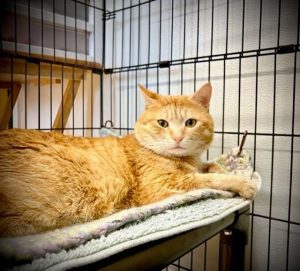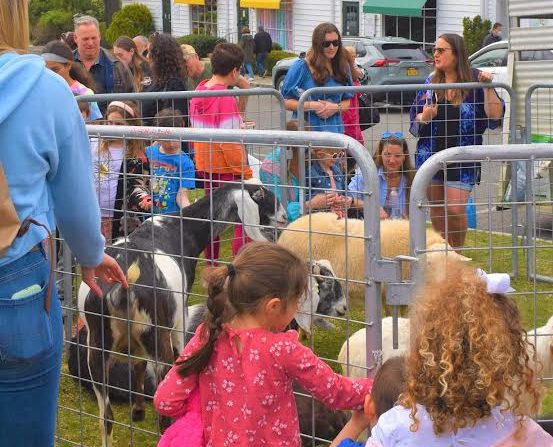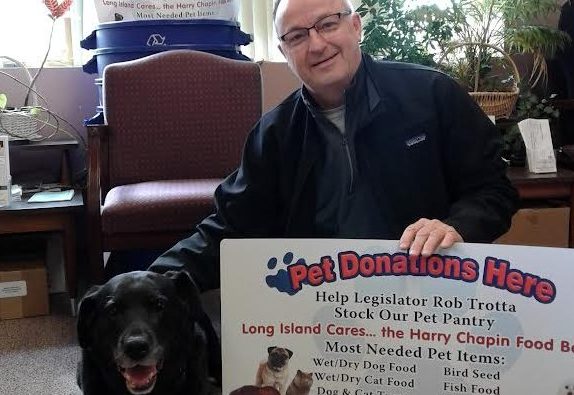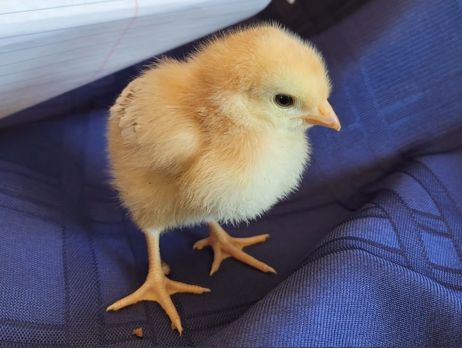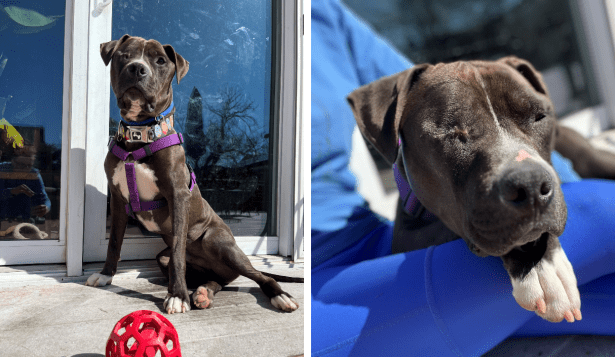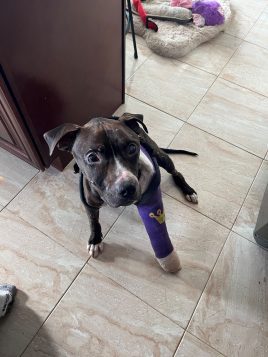By Daniel Dunaief
Johanna Mitra traveled a long way from her childhood home on the Upper West Side of Manhattan to join an effort to save the critically endangered greater bamboo lemur.
A graduate of Stony Brook University, Mitra took a class led by Distinguished Professor Patricia Wright that set her on a memorable and extraordinary course.
Mitra “came up to me after class and asked if she could help” with her research and with conservation, Wright recalled.

Mitra started by cataloging photos for about three months twice a week. Wright saw that Mitra had been writing blogs for an environmental nonprofit and had asked Mitra if she’d like to apply for the opening as the Communications Officer at Centre ValBio, a research station Wright created in Madagascar.
“The next thing I knew, a couple of months [and an undergraduate degree in Ecosystems and Human Impact] later, I was packing a bag to go to Madagascar!” Mitra explained in an email.
Mitra sent her parents, Nilo and Ursula Mitra, a group photo where it was “fairly evident that she was the youngest person and only woman,” Nilo Mitra said in an interview.
The Mitra parents felt reassured that the research station had been around for decades and that a large number of foreign researchers use the site, which gave her parents confidence that the team would be able to deal with any safety or health issues that arose during the translocation.
Still, that didn’t completely allay Nilo Mitra’s concerns when he learned about the crocodiles that lived in some of the rivers his daughter would cross.
After watching nature shows, Mitra’s father cautioned her not to stand too close to the shore. While she was away, he also wished he had told her not to go too close to the reeds, as crocodiles hide there before attacking.
Mitra’s trip didn’t involve any hair raising interactions with crocodiles. In fact, she felt disappointed because she “would have liked to see one – from a safe distance,” she said.
Mitra and the translocation team encountered individual zebus, which are a type of cow with a lump behind its head that makes it look like it’s wearing shoulder pads.
Mitra “could sense hesitation and tentativeness in the group when we were hiking” as the group gave the animal, which can be aggressive in defending its turf, a wide berth.
During the two-day trip to translocate the lemurs, Mitra rode in a car, truck, and canoe. When the roads, which were severely damaged by the raging waters and 80 mile per hour winds of Cyclone Freddy, were impossible to navigate, she and the team traversed difficult terrain on foot.
She hiked along rolling hills that “looked very beautiful but were degraded,” Mitra said. She walked up and down hills that had deep patches of mud.
The team also crossed streams, walked through rice paddies and fields and climbed steep, rocky slopes.

Fortunately for Mitra, the group hired porters to carry the equipment and her backpack. She only had responsibility for maneuvering herself and a camera bag.
During the hike, she was concerned about getting a camera she had borrowed to document the journey wet, particularly when she was traveling in a canoe that sat low in the water.
When she waded through streams, she hoisted the camera on her shoulder or near her head.
Back home in Manhattan, her parents watched three videos about Madagascar, studied local roads and tried to track their daughter’s whereabouts.
When her journey started, they were able to track her phone for about 90 minutes, until the signal “vanished off the face of the Earth,” her father said.
After several days, her mother called Wright to ask if she’d heard anything. Wright assured her that the crew was fine and they had completed their mission of trying to bring back enough greater bamboo lemurs to increase the population from the current number of about 1,000.
“We are extraordinarily proud” of the work she did to get the job and to help in this conservation effort, her father said.
As for the experience, Mitra expressed awe at the opportunity.
“The whole thing felt unreal,” Mitra said. “I felt like I was a part of something incredibly meaningful.” The expedition “made it clear that a lot goes into saving species, but it’s worth it,” she concluded, despite the few rapid heart beats from her proud, concerned and supportive parents.


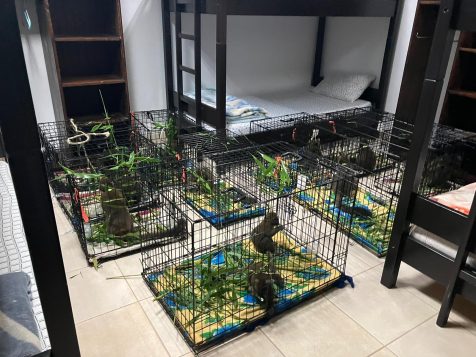





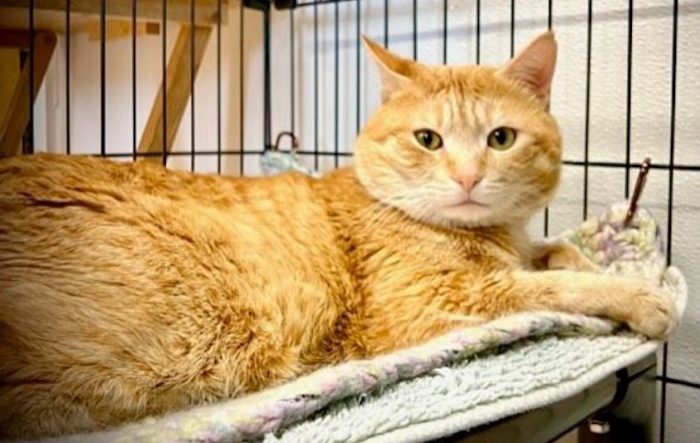
 Welcome to the 16th edition of Paw Prints, a monthly column for animal lovers dedicated to helping shelter pets find their furever home!
Welcome to the 16th edition of Paw Prints, a monthly column for animal lovers dedicated to helping shelter pets find their furever home!

